Alan Titchmarsh: Change your plants, buy a greenhouse, erect a shed — do something to shake up your garden this winter
Spring will be here before you know it, so why not shake up your garden before the bloom? Alan Titchmarsh offers some suggestions on how to do just that.

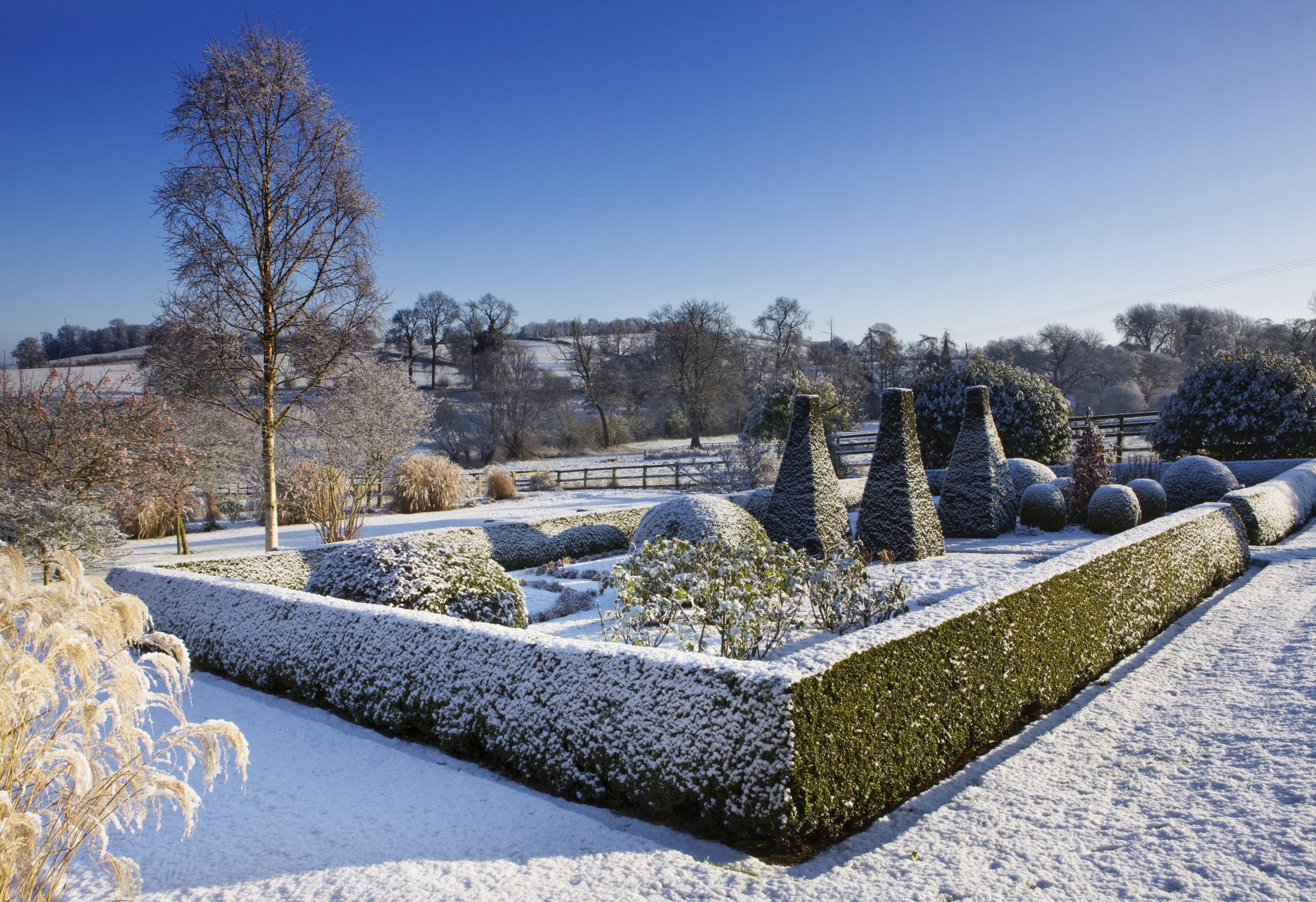
It is not in my nature to be the purveyor of doom and gloom. I am a dyed-in-the-wool optimist. Gardeners, we are told, differ from farmers in that they always think next year will be better; farmers know it will be worse. For both cultivators of the earth, there were lessons learned over the past 12 months—not all of them positive.
The most salutary was that cold snap in December of 2022. In Braemar, Aberdeenshire, for instance, on the 13th of that month, the temperature fell to -17.3˚C. The day before had certainly been cold, at -9.3˚C, but the overnight drop amounted to 8˚C. All right, so Braemar is not on a par with the southern counties of England, including my own locale of Hampshire, but even here -5/6˚C of frost saw off the likes of penstemons and shrubby salvias that we had persuaded ourselves into thinking were so much hardier nowadays than they were 50 years ago. Oh, it’s a dangerous assumption. Global warming and climate change are certainly raising the mean average temperatures across the country year on year, decade on decade, but climate is not weather and weather, as both the gardener and the farmer knows, can be at best capricious and at worst devastating.
The critical factor on this particular occasion was the suddenness of the drop in temperature, which was reflected across the country during a 10-day spell. Many plants of borderline hardiness can cope with quite low temperatures, provided that the reduction is gradual. We make use of this facility every spring with our bedding plants—gently accustoming them to the great outdoors when they have been enjoying the sheltered confines of a greenhouse. We call it ‘hardening off’. Wise were those gardeners who, as well as leaving their established penstemons, salvias and osteospermums to their own devices out in the garden, had taken the precaution of overwintering a few rooted cuttings in a frostproof greenhouse. The experience should make us all a little more wary this year and mindful of the wisdom of not taking Nature for granted.
That cold snap happened at a time of year when all gardeners take stock; noting those plants that did not do as well as expected due to old age, inhospitable conditions (too dry, too shady or too waterlogged) or the fact that they simply do not look right in a spot where once they had a starring role.
We are all guilty of indolence and this is the moment to bite the bullet and refresh the garden, when nothing much is moving and we can steal a march on Nature.
"Buy a greenhouse, put up a shed, but whatever you do, remind yourself that it will make a difference not only to your garden, but to your state of mind"
I am not one for New Year resolutions, but the fact that such a tradition exists does give me a nudge at a time of year when I can get a lot done before the spring rush, which will otherwise leave me feeling like one of those circus acts desperately trying to avoid the spinning plates on sticks crashing to the ground.
Already, I have planted several thousand more bulbs — naturalised in the meadow, grouped in borders and pots — and the feverish anticipation of the spring show to come, courtesy of daffodils, narcissi, crocuses and tulips, is giving me a feeling of intense positivity about the year to come. But then that is a key feature of gardening — the joy of anticipation and the postponement of gratification in an increasingly ‘have it now’ world.
Exquisite houses, the beauty of Nature, and how to get the most from your life, straight to your inbox.
If you have always wanted a raised bed for your vegetables, build it now. If there are months in your garden that are less than spectacular when it comes to flowers, order seasonal plants to replace some of the dullards that people your beds and borders. Buy a greenhouse, put up a shed, but whatever you do, remind yourself that it will make a difference not only to your garden, but to your state of mind.
Plants and gardens are great healers. There are disappointments, yes, and almost every year there will be something that does not work. But if you make sure that 2024 is not ‘same old, same old’, then you will discover the lift that is to be enjoyed from simply doing something different or planting something new or creating a new area or feature where, up until now, you have bimbled along with the status quo. Shake up your garden this winter, and wish it a Happy New Year.
Chatsworth: The gardens and the people who made them by Alan Titchmarsh is out now (Ebury Spotlight, £35)
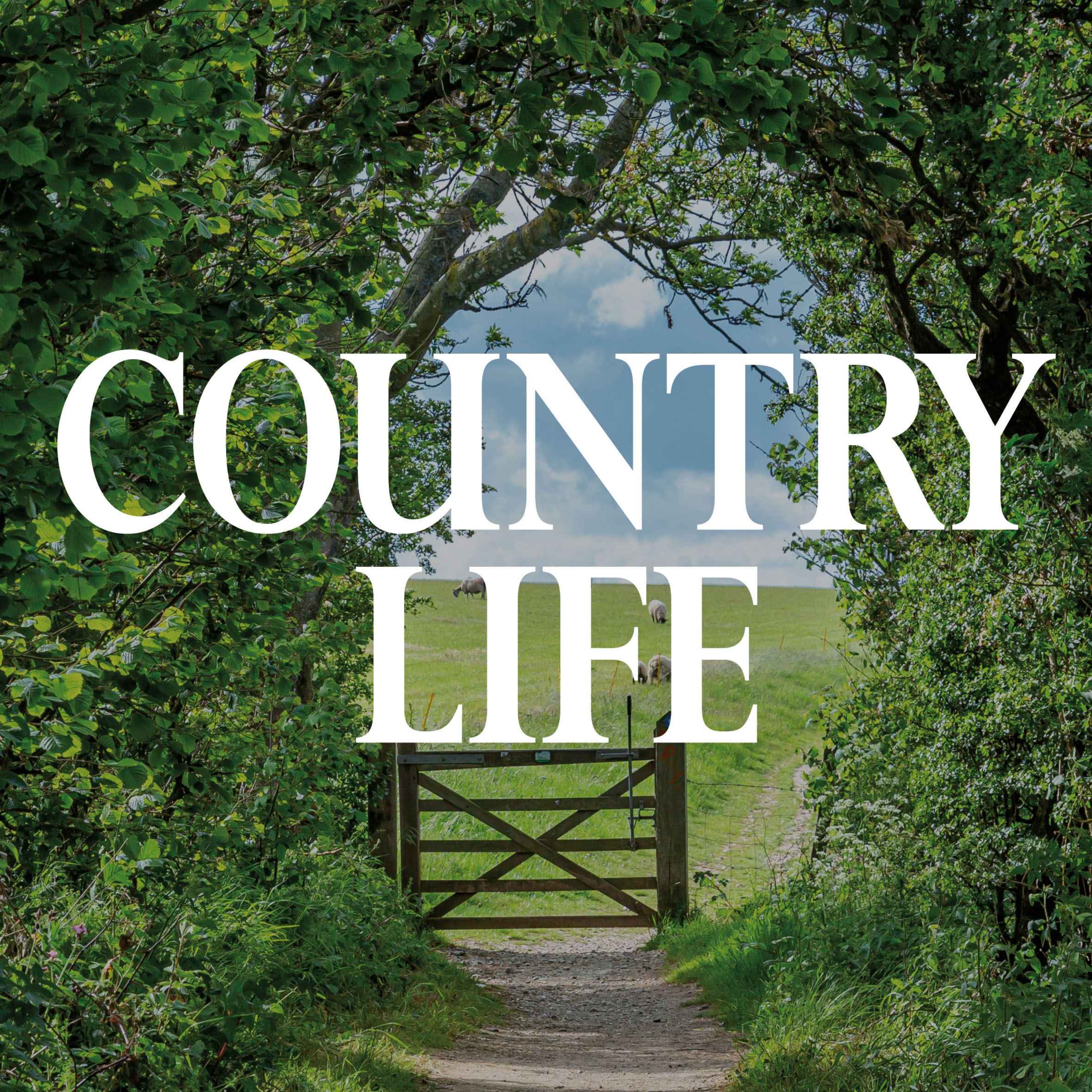
The Country Life Podcast
Listen to all the episodes of the Country Life Podcast.
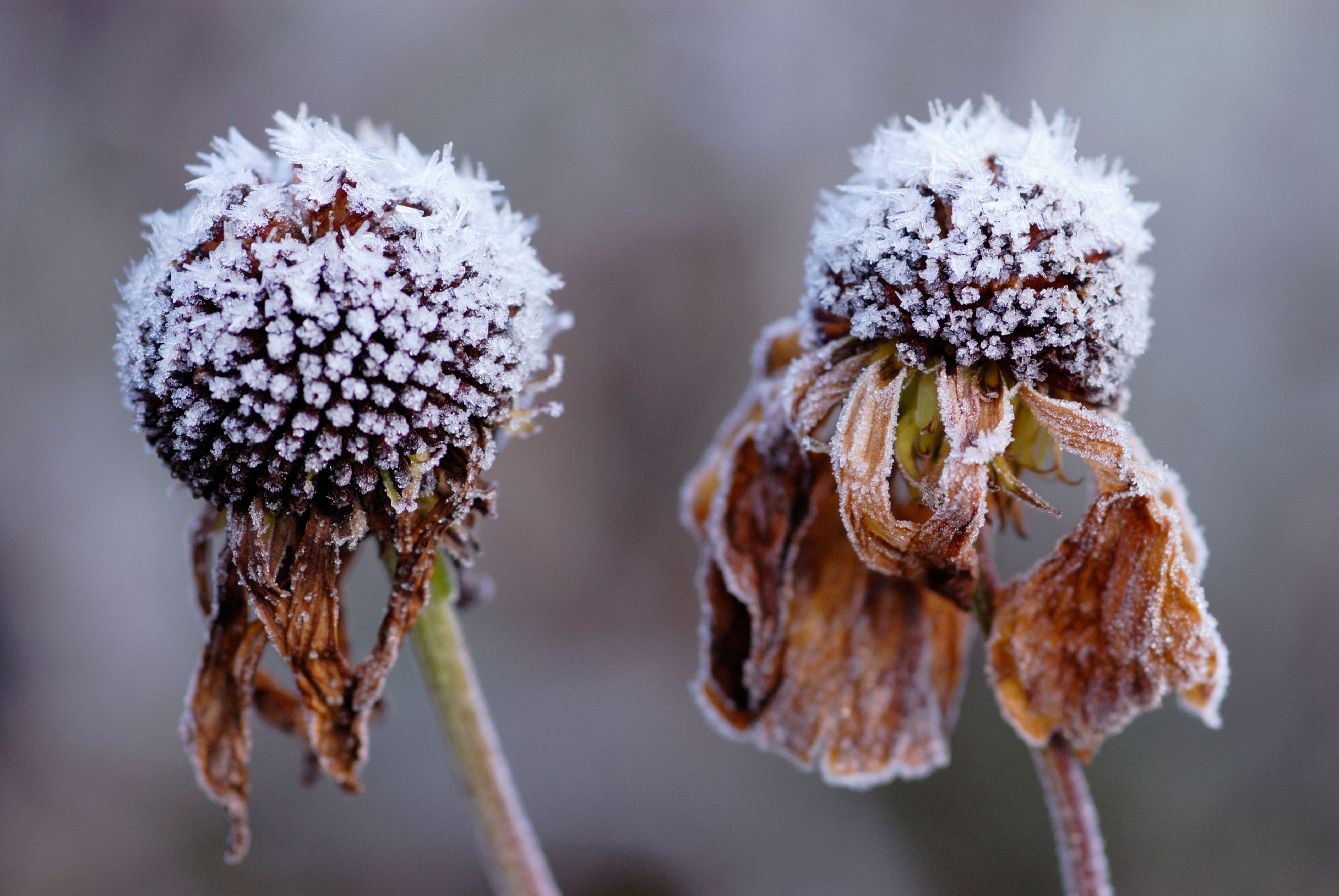
The flowers that look spectacular when the frost starts to bite
Resist the urge to tidy the garden and, come the frosts, you will be rewarded with a glorious display of
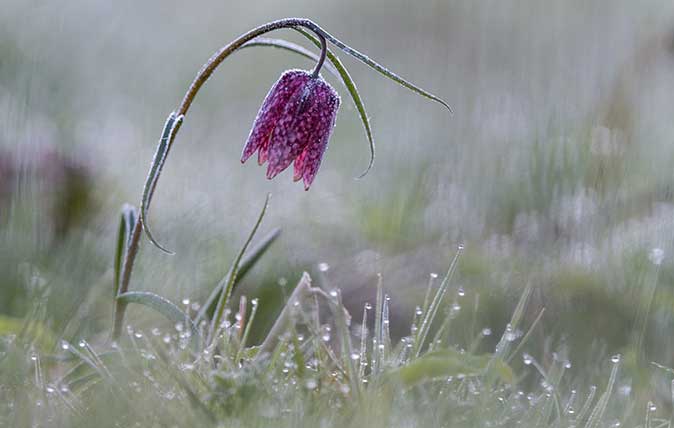
Credit: Marcus Siebert / imageBROKER/REX/Shutterstock
Alan Titchmarsh: Losing a plant to frost isn't a disaster - it's an opportunity
Writer and broadcaster Alan Titchmarsh talks through the highs and lows of the freezing conditions into which Britain was plunged
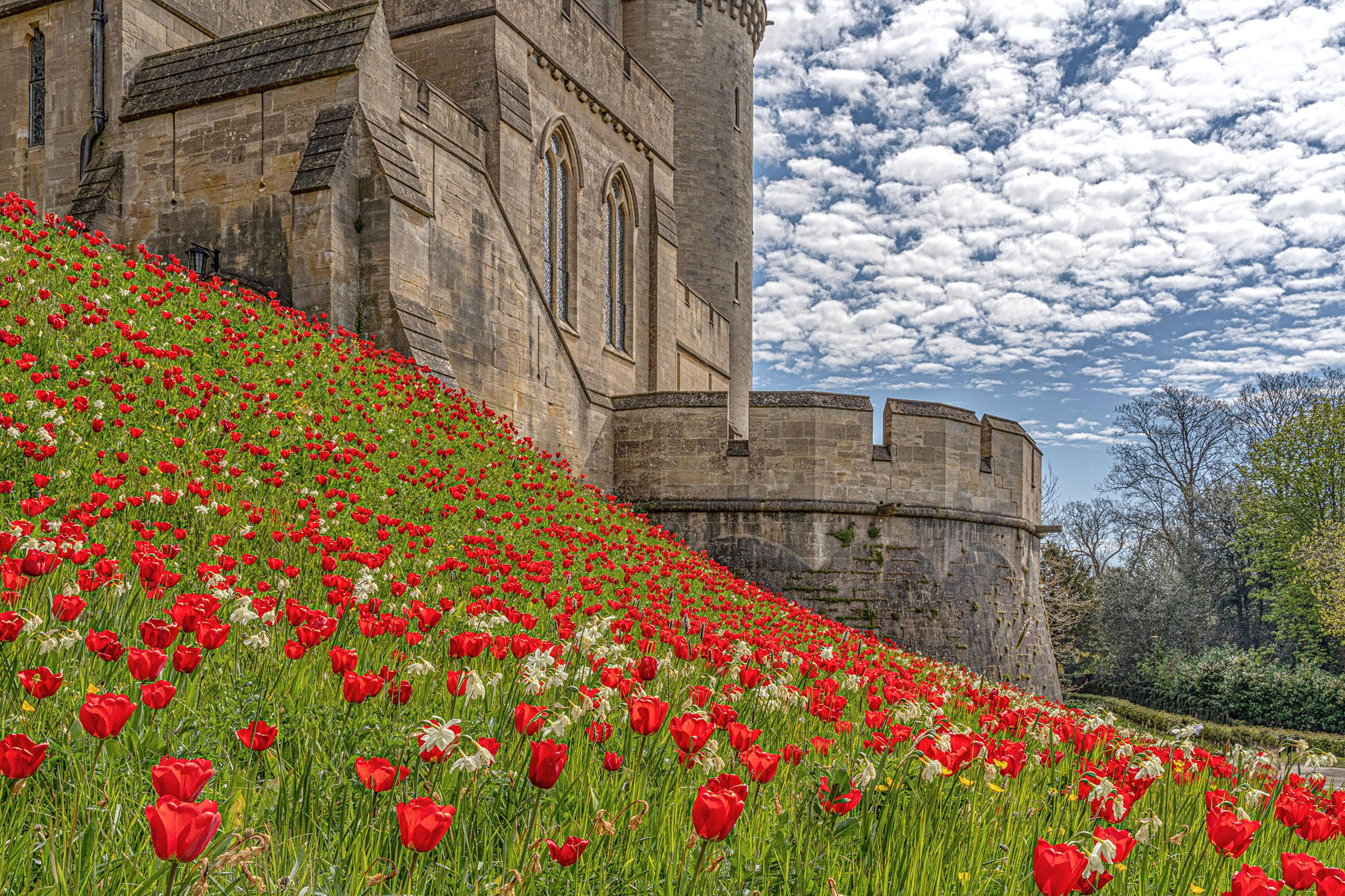
Alan Titchmarsh: The most spectacular flowers of spring are easy, guaranteed to flower — and now is the time to plant them
Alan Titchmarsh doesn't like tulips. He loves them.
Alan Titchmarsh is a gardener, writer, novelist and broadcaster.
